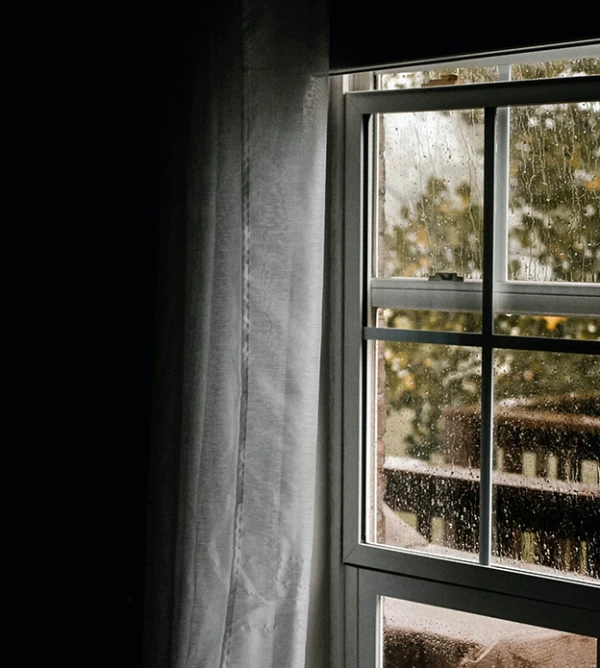
A phobia is an overwhelming and debilitating fear of an object, place, situation, feeling or animal. Phobias are more pronounced than fears.
 Back
BackA phobia is a type of anxiety disorder. You may not experience any symptoms until you come into contact with the source of your phobia. In some cases, even thinking about the source of a phobia can make a person feel anxious or panicky. This is known as anticipatory anxiety.

unsteadiness, dizziness and light headedness
nausea
sweating
increased heart rate or palpitations
shortness of breath
trembling or shaking
an upset stomach
If you do not come into contact with the source of your phobia very often, it may not affect your everyday life but if you have a complex phobia, such as agoraphobia, leading a normal life may be very difficult.
Complex phobias tend to be more disabling than simple phobias. They usually develop during adulthood and are often associated with a deep-rooted fear or anxiety about a particular situation or circumstance.
The 2 most common complex phobias are:
agoraphobia
social phobia
Agoraphobia is often thought of as a fear of open spaces, but it's much more complex than this.
Someone with agoraphobia will feel anxious about being in a place or situation where escaping may be difficult if they have a panic attack.
The anxiety usually results in the person avoiding situations such as:
being alone
being in crowded places, such as busy restaurants or supermarkets
travelling on public transport
Social phobia, also known as social anxiety disorder, centres around feeling anxious in social situations.
If you have a social phobia, you might be afraid of speaking in front of people for fear of embarrassing yourself and being humiliated in public.
In severe cases, this can become debilitating and may prevent you carrying out everyday activities, such as eating out or meeting friends.

Specific or Simple Phobias centre around a particular object, animal, situation or activity. They often develop during childhood or adolescence and may become less severe as you get older.
Common examples of simple phobias include:
Animal phobias – such as dogs, spiders, snakes or rodents
Environmental phobias – such as heights, deep water and germs
Situational phobias – such as visiting the dentist or flying
Bodily phobias – such as blood, vomit or having injections

Complex phobias tend to be more disabling than simple phobias. They usually develop during adolescence and early adulthood and are often associated with a deep-rooted fear or anxiety about a particular situation or circumstance.
The 2 most common complex phobias are:
Agoraphobia which is often thought of as a fear of open spaces, but it's much more complex than this. Someone with agoraphobia will feel anxious about being in a place or situation where escaping may be difficult if they have a panic attack. The anxiety usually results in the person avoiding situations such as being alone, being in crowded places, such as busy restaurants or supermarkets or travelling on public transport
Social Phobia, also known as social anxiety disorder, centres around feeling anxious in social situations. If you have a social phobia, you might be afraid of speaking in front of people for fear of embarrassing yourself and being humiliated in public. In severe cases, this can become debilitating and may prevent you carrying out everyday activities, such as eating out or meeting friends.
Please choose which cookies you want to consent to.